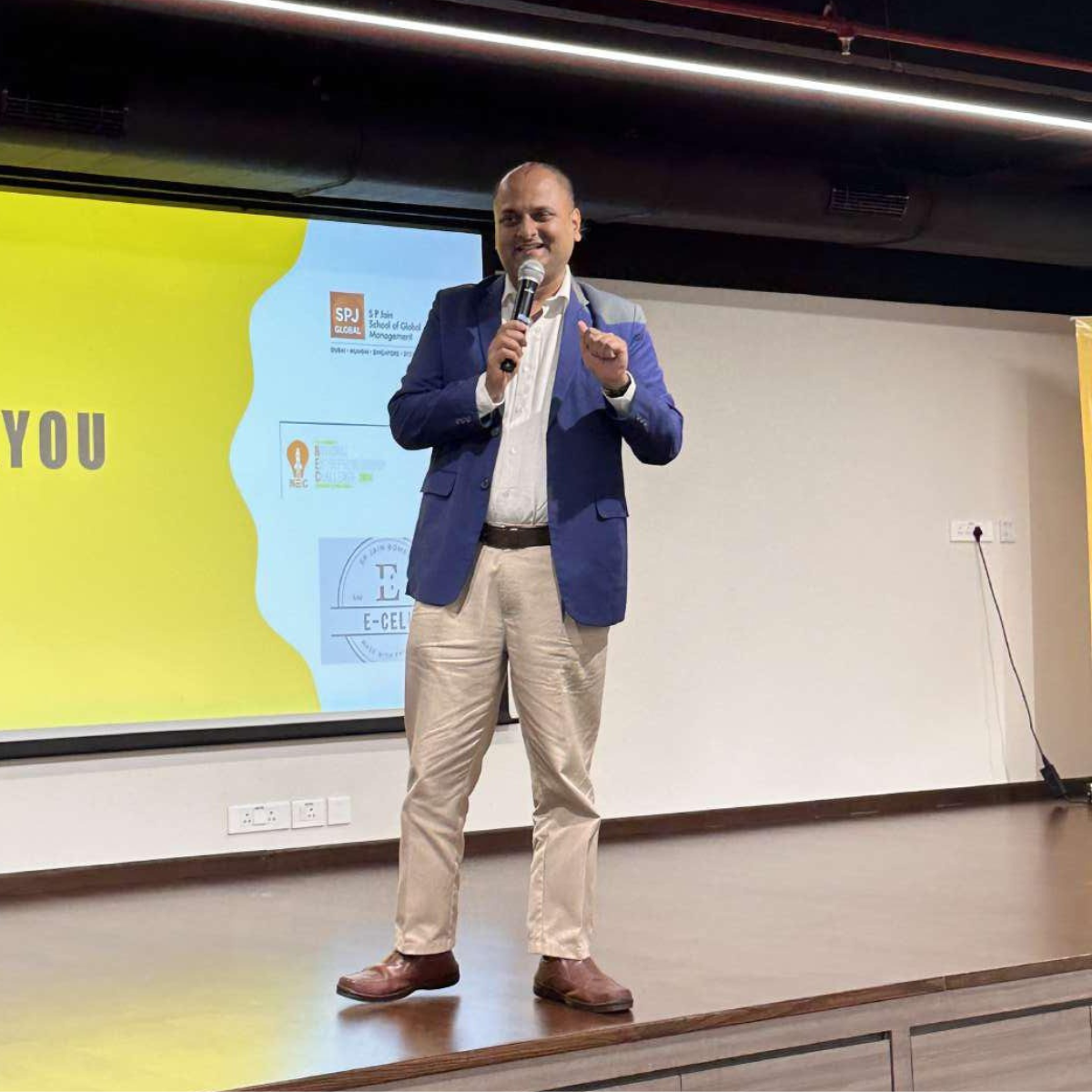Economics primarily relates to making appropriate choices with respect to resource allocation using a cost benefit analysis. Managerial Economics therefore focuses on effective decision-making at the firm level with respect to price and output determination. It helps make better management decisions by providing a foundation to Business Strategy.

It facilitates analytical thinking and helps suggest appropriate strategies for firms with respect to policies characterized by an underlying economic rationale. The pedagogy used is such that students are able to critically evaluate the decisions made by firms in the current business environment of a region. In doing this, they master the art of decision-making and are well equipped to function in the real corporate world when they are themselves faced with similar situations.
Typical decisions that Managerial Economics deals with are pricing, cost reduction, capacity expansion, optimal output determination, market development, product development, impact of government policies on firm behaviour and so on. They also learn the dynamics of game theory with the use of industry related examples of challenging price wars and collusion.
In a Managerial Economics class, students take the centre stage and are encouraged to be well prepared before they come to class so that the learning achieved in the limited classroom time is maximised. The classroom is used for discussions of specific company decisions relating to the session topic. In the classroom, students present decisions taken by their group the previous day during the ‘Student Board Room’ (SBR) meeting. These SBR meetings are simulated meetings of the real world corporate board meetings. Each student group analyses a case during these SBR meetings the previous day and share their discussions in the classroom the next day.
Another method of learning adopted is field study in which students are encouraged to go out into malls and supermarkets to compare prices of the same product in different stores or to study innovative techniques of price discrimination used by companies for different categories of products. These observations are then shared and discussed in class to facilitate a better understanding of innovative forms of price discrimination. Topics such as cost analysis and profit analysis are discussed using excel based exercises. Games and simulations are also used to simulate the real world in the classroom.
Written by: Prof. Preeta George












